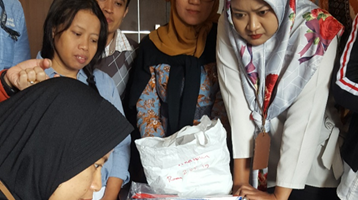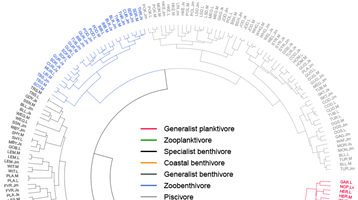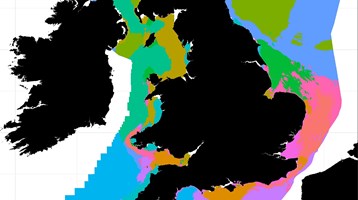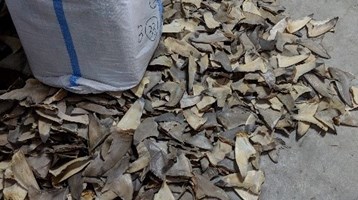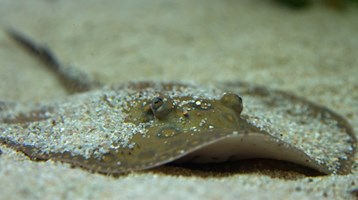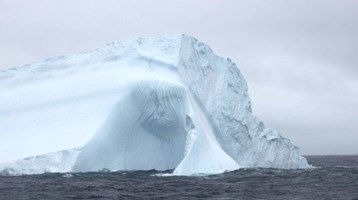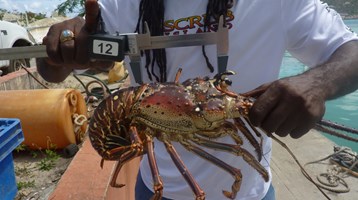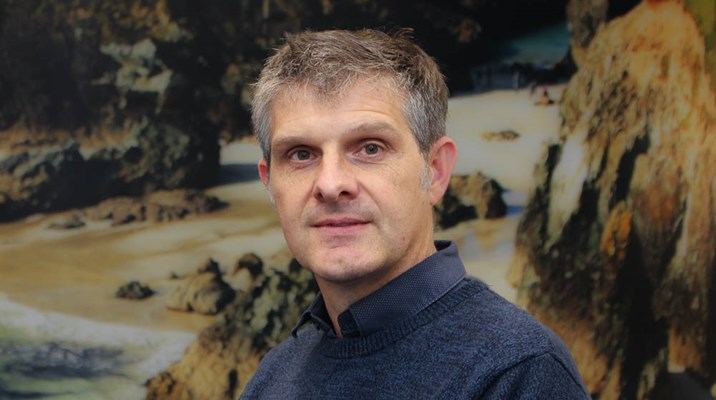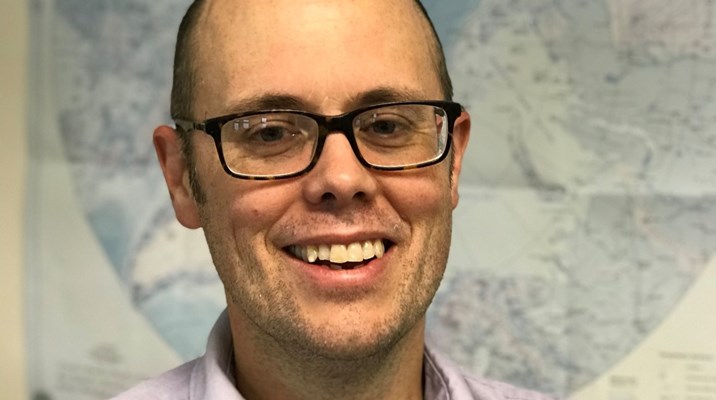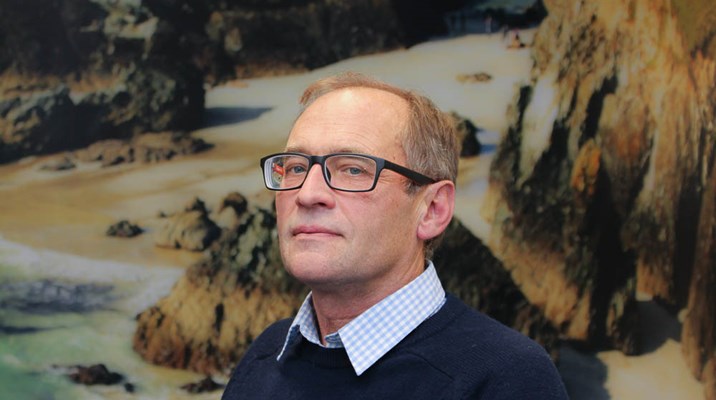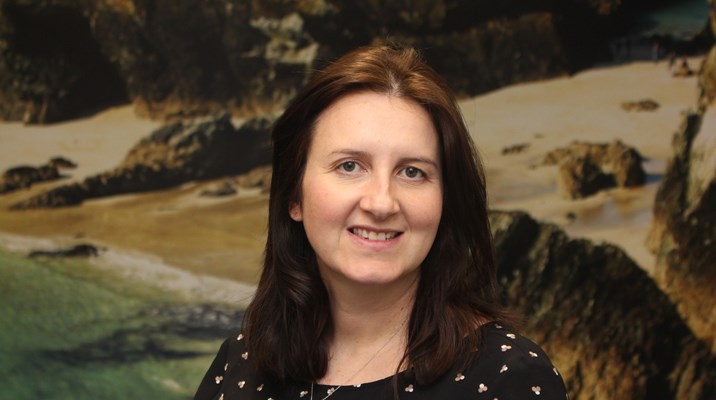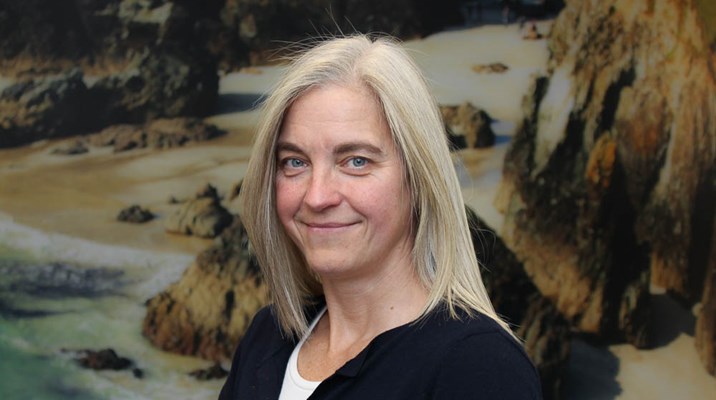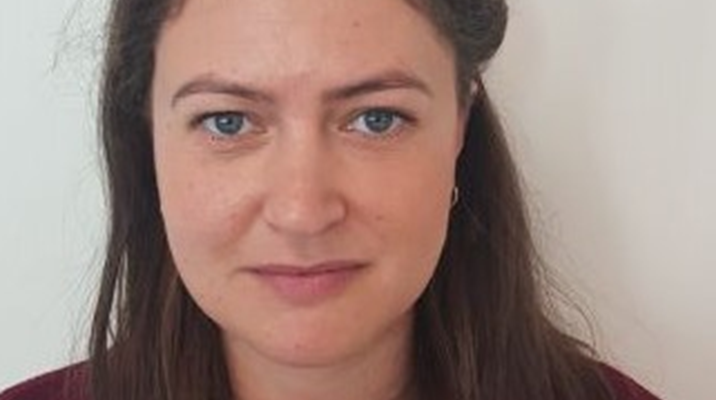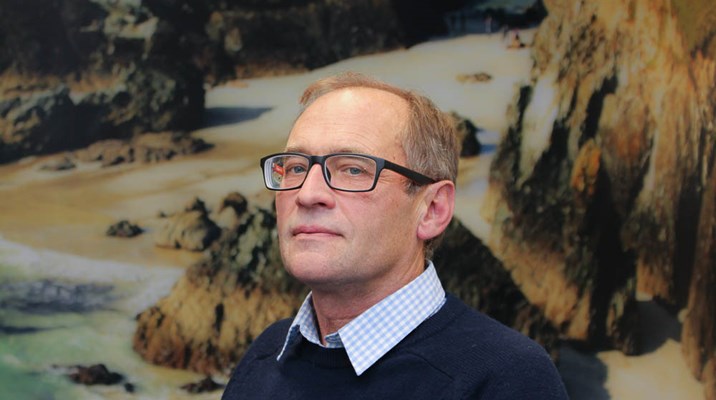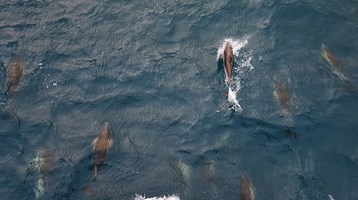Prof. Gordon H Copp
Principal Scientist in Fish Biology & Non-native Risk Analysis
Gordon has 35 years experience in the environmental biology of freshwater fishes, encompassing early development, life-history traits, otter-fish interactions, invasion biology and non-native risk analysis. Recent R&D includes development of the multilingual, globally-applied, Aquatic Species Invasiveness Screening Kit (AS-ISK), and applications of environmental DNA (eDNA) to detect non-native species.
Gordon is a research scientist based at the Lowestoft Cefas laboratory since 2002 and currently holds visiting professorships at Bournemouth University (UK) and Trent University (Canada). Gordon has over 30 years’ experience leading R&D in the environmental biology of native and non-native fishes, otter-fish interactions, invasion biology, and risk analysis of non-native species. Gordon has been a key contributor in the development of non-native species risk analysis schemes for the implementation of non-native species legislation in the UK and Europe. He has led the development of decision-support tools such as the Fish Invasiveness Screening Kit (FISK), which has since been applied in nearly 30 countries across five continents, and the recently released Aquatic Species Invasiveness Screening Kit (AS-ISK). Gordon is a founding member of the GB Non-native Risk Analysis Panel (NNRAP) and provides advice on, and risk assessments of, non-native species to the UK Department of Environment, Food & Rural Affairs (Defra) and the European Commission. Gordon is a UK national delegate on the ICES working group on introductions and transfers of marine organisms (WGITMO), and a member of the UK-TAG Alien Species Group for implementation of the Water Framework Directive. Gordon is an observer to the ICES working group on ballast and other ship vectors (WGBOSV), and he acts as an invited expert at workshops in Europe and North America on the development of NNS risk assessment protocols. Gordon has published over 200 peer-reviewed scientific articles, several resulting from the NATO collaborative linkage network ‘Life-history traits as predictors in assessing risks of non-native fishes’, which he coordinated. Approximately half of Gordon’s scientific papers address NNS issues such as invasion pathway analysis, risk assessment protocols, and most recently he is coordinating R&D on the detection of alien species using environmental DNA analysis of water samples.
Google Scholar: https://scholar.google.co.uk/citations?user=orSt9n0AAAAJ&hl=en&oi=sra
Research Gate link: https://www.researchgate.net/profile/Gordon_Copp
LinkedIn link: https://www.linkedin.com/in/gordon-copp-a350831b/?originalSubdomain=uk
Academia.edu link: https://cefas.academia.edu/GordonCopp
ORCID link: https://orcid.org/0000-0002-4112-3440
Selected publications
Copp, G.H. 1992. An empirical model for predicting the microhabitat of 0+ juveniles in lowland streams. Oecologia 91, 338–345.
Copp, G.H., et al. 2005. To be, or not to be, a non-native freshwater fish? Journal of Applied Ichthyology 21, 242–262.
Copp, G.H., et al. 2009. Voracious invader or benign feline? A review of the environmental biology of European catfish Silurus glanis in its native and introduced range. Fish & Fisheries 10, 252–282.
Contact Details:


